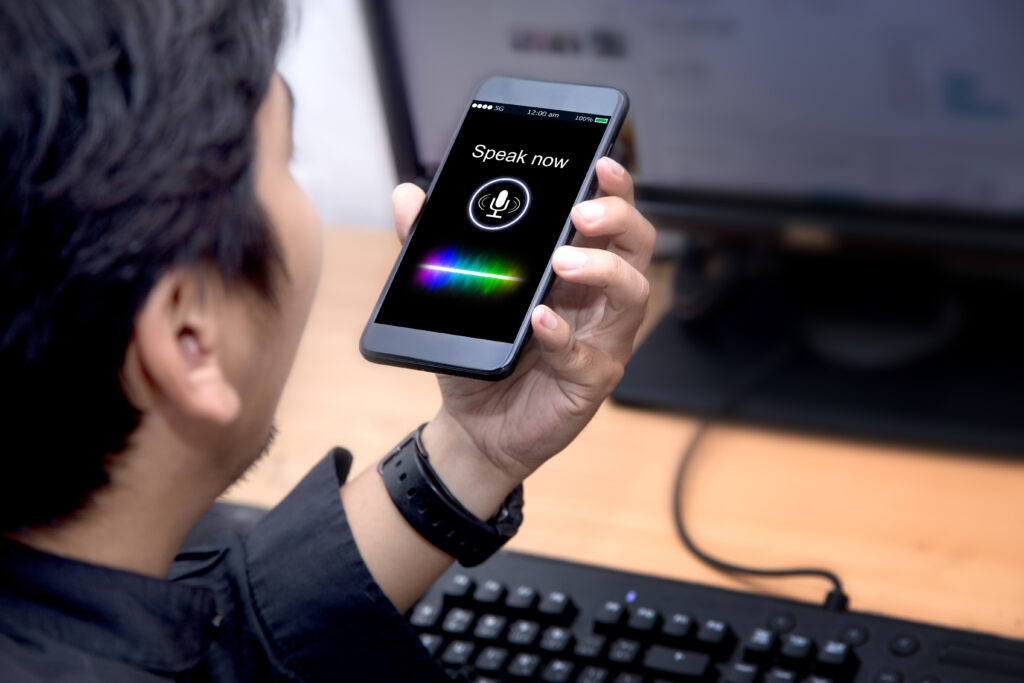The latest Targeting Scams report has revealed Australians lost a record $3.1 billion to scams in 2022. Overseas, new scams are being reported where artificial intelligence (AI) software can copy a person’s voice and use it to gain access to personal information or bank details.
Plus, with Victoria Police in Australia warning against a new scam targeting the Mandarin-speaking community, and cases of rental scams increasing, it’s more important than ever to understand how you can keep yourself safe.
So, what do we need to watch out for in AI scams?
What is AI voice cloning?
Scammers can use AI software to scan a voice recording and replicate it with up to 99% accuracy. Clips can be taken from social media content, YouTube videos, and other audio uploads and put into software that can recreate the voice and say a different phrase or sentence.
Dr Diep N Nguyen, Associate Professor with the School of Electrical and Data Engineering at the University of Technology Sydney, said AI models can recreate vocal frequencies from a relatively short voice clip and string snippets into coherent sentences.
“Some AI models and algorithms need as little as a minute or less of recording,” he told 9news.com.au.
“That’s good enough for them to synthesise a reasonably high-quality voice clone.”
Nguyen added advanced AI models and algorithms can synthesise a voice so well that “it is hard for an ordinary person to differentiate the cloned and the authentic one”.
How are scammers using AI voice cloning?
So what do scammers do with this voice recording?
Well, rather than receiving a suspicious text or email asking for money, bank details or personal information, scammers can use this recreated voice to call you and request this information, only it sounds like a call from someone you know, potentially a friend or family member.
This makes it very convincing for potential victims who may believe it’s someone they know on the other end of the phone asking for money, or personal information.
Similarly, many systems in Australia, like Centrelink, are set up with voice identification systems to verify your identity before connecting you with a service. This AI software makes it possible for scammers to access these services with a replicated voice.
Should you be concerned?
While reports have not yet surfaced of this in Australia, Dr Nguyen said there have been reports of it happening in the United Kingdom, UAE and Hong Kong.
It’s important that you are alert to all kinds of scams and utilise ScamWatch to stay up to date with scams, report suspicious calls you may receive, and get help should you fall victim to a scam.
It’s also important to be aware of any calls, messages or texts that ask for your personal data, bank details or other confidential information even if it’s from someone you know.
Where to go for support if you think you have been scammed in Australia
You can report scams to the Australian Competition & Consumer Commission (ACCC) through ScamWatch. If you think you’ve been scammed or are ever concerned for your safety, report the matter to your local police station straight away. You can also report non-emergencies to the police by calling 131 444.
If you need help, most education providers in Australia have free legal services and advice for international students and some can be anonymous if you want.
For more guidance on cyber security, visit the Australian Cyber Security Centre (ACSC).





